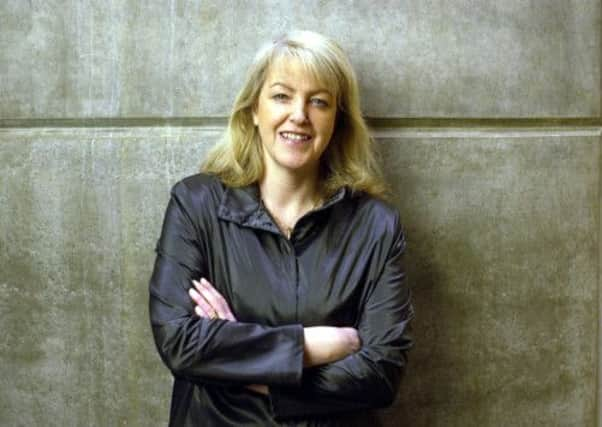Book review: Blossom by Lesley Riddoch


Blossom: What Scotland Needs to Flourish
Lesley Riddoch
Luath, 320pp, £11.99
Explicitly presented as a polemic, its bold assertions will no doubt antagonise some readers. Yet, there is much that is thought-provoking in Riddoch’s accounts of collective and community action, her denunciations of persistent inequalities in Scotland, and her views about what needs to change. Her book expresses a real sense of frustration at the lack of progress in tackling Scotland’s inequalities. Why haven’t we improved our poor health record? Why is so much land still owned by so few? Why are women still underepresented in politics and public life? Why don’t people care enough to get involved or turn out to vote in council elections? Riddoch’s answer is that people have been disempowered by top-down governance, and passively accept that change is impossible.
But not all of them. As a journalist, she has reported on many community-led initiatives and policy ideas from elsewhere, many worth emulating, although too few getting the kind of publicity they deserve. Some of her inspiring examples sadly lost funding or support, such as the Drumchapel Men’s Health Group or Mary Hepburn’s work with drug-using mothers. Others such as housing co-operatives in West Whitlawburn and Glasgow are thriving. The Eigg community buy-out is well-known, but there have been only a few similar initiatives, and opportunities for more are limited by the current structure of land ownership. Indeed, Scots’ relationship with the land, or lack of it, is one of the central concerns of the book. Riddoch’s solution is to break up the big estates, and encourage more widespread land ownership for both living on and for recreation, like the hut-owning Scandinavians.
Advertisement
Hide AdThe remoteness of local government is another target. We have far fewer councillors representing far more people than many other European countries. Again Scandinavia – especially Norway – provides the model for a better Scotland.
A chapter on women includes her own efforts at giving feminism a higher profile, the innovative, but shortlived, Harpies and Quines, and the similarly innovative Scotswoman, which had only two editions for International Women’s Day in 1995 and 1996, despite attracting international interest. Getting serious, not sexist, coverage of women’s lives and concerns continues to be an uphill struggle. Nor has enough effort been made to sustain the high level of women’s representation achieved in the first Scottish Parliament in 1999 – 40 per cent of all MSPs, now down to 35 per cent.
The portrayal of Scottish politics as bedevilled by caution and lack of imagination carries some weight, and the inability of politicians to adequately address glaring inequalities should make people angrier than it appears to. But whether such failures are either the result of a complete disconnection between ordinary people and decision-makers, from local councillors upwards, or of a learned passivity shaped by centuries of exclusion, as Riddoch suggests, is open to question.
The book’s key messages are that we should value better what we have and make better use of it, whether our land, living in tenements, our languages and culture, or our capacity to act collectively. It makes a call to Scots to build a more unified Scottish identity, which celebrates more who we are, how we speak, how we connect with one another, and what is good about our society and country. It argues that we should throw off a constraining Britishness. It is not calling for independence as such, but it is about what Scots could do with their country.
One way of reading the book is as a deep disappointment with devolution. Many campaigners for the Scottish Parliament had higher expectations – of women’s representation, of better links and dialogue with community groups and voluntary organisations, of more cross-party initiatives to tackle social problems. Some moves have been made, and devolution meets with majority approval. But couldn’t we have more ambition for ourselves? Riddoch is impatient for change. Exposing the sterility of much current political debate, Blossom offers models, examples and possibilities that could help Scotland flourish.